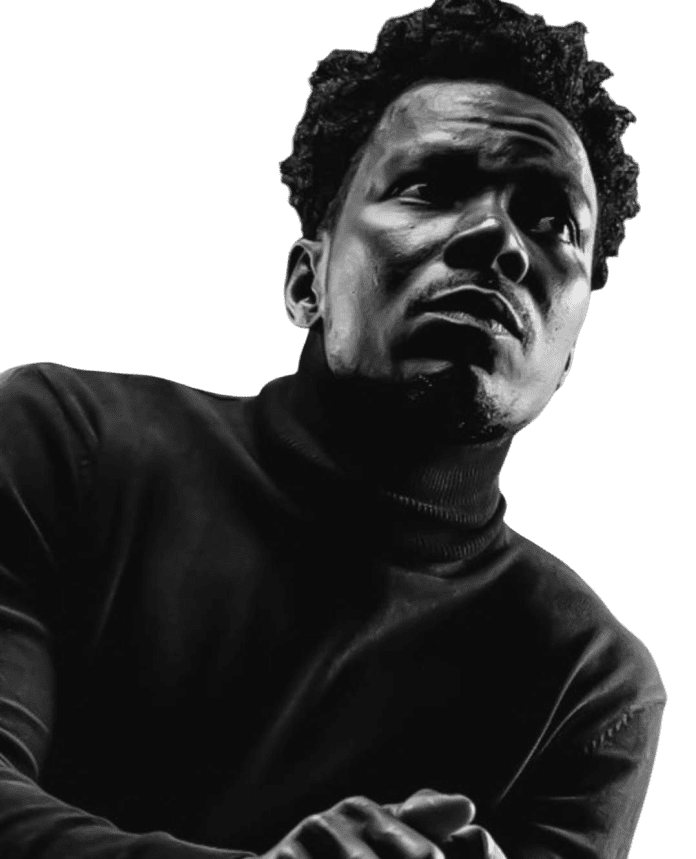Belgium-based Ghanaian musician Nana Baafour, professionally known as Brave King, has urged stakeholders to renew financial commitment to Ghana’s creative industry amid growing government initiatives to support the sector through new funding mechanisms.
The artist’s advocacy comes as President John Dramani Mahama recently assured the Creative Arts industry of significant funding allocation, while Fidelity Bank Ghana launched the Orange Inspire and Fidelity Cultural and Creative Fund (FCCF) to bridge funding gaps in the entertainment sector.
Brave King argues that Ghana possesses abundant creative talent across music, film, dance, and digital arts, but systematic underinvestment continues limiting the industry’s global competitiveness. His perspective reflects broader industry concerns about accessing adequate financial backing for career development and international market penetration.
“We have some great talents out there, but investment is the issue,” the musician explains, highlighting how investor confidence has eroded due to historical mismanagement and accountability failures within the sector.
The entertainment industry advocate notes that past funding misappropriation and poor project management have created lasting damage to investor relationships, leaving many potential supporters hesitant despite the sector’s demonstrated creative capacity and economic potential.
Industry analysts confirm this pattern mirrors challenges across West Africa’s creative economy, where Nigeria’s deliberate policies like the Bank of Industry’s creative funds and South Africa’s formal economic infrastructure approach have positioned their creative sectors to contribute 3% to GDP, rivaling traditional industries like agriculture.
Recent data suggests Ghana’s creative industry represents a rapidly expanding sector with significant investment opportunities, though structural gaps continue hampering sustainable growth compared to regional competitors like Nigeria and South Africa.
Brave King’s European base provides him unique perspective on international market demands and the infrastructure required for Ghanaian artists to achieve global success. His upcoming extended play project features collaborations with rising and established Ghanaian artists including Rebbel Ashes, Tina Brown Africa, and Kojo Blak.
The musician emphasizes that effective investment extends beyond capital injection to include mentorship programs, professional development systems, and long-term career planning infrastructure that builds sustainable artist careers rather than short-term promotional campaigns.
Professional accountability within the creative sector represents another critical component of Brave King’s advocacy, as he calls for improved financial management practices and transparent resource utilization to rebuild investor confidence and attract sustained support.
His message resonates with recent policy discussions about establishing a Creative Industries Fund to support content creators across sectors including film, music, fashion, theatre, and digital arts, complemented by tax incentives to attract private sector investment into the creative space.
The timing of Brave King’s intervention aligns with renewed government attention to the creative economy, as policymakers increasingly recognize entertainment and cultural industries as viable economic drivers capable of generating employment and foreign exchange earnings.
For emerging artists, the musician’s call represents both challenge and opportunity, as improved investment frameworks could unlock career pathways previously accessible only to self-funded or internationally connected creators.
The artist’s European experience demonstrates how proper structural support enables Ghanaian talent to compete internationally while maintaining cultural authenticity and connection to domestic audiences.
As Ghana’s creative industry seeks to capitalize on digital distribution platforms and global streaming markets, Brave King’s advocacy highlights the critical importance of foundational investment in artist development, production quality, and marketing infrastructure.
The musician’s upcoming projects and continued advocacy position him as both beneficiary of international exposure and champion for systemic improvements that could benefit the next generation of Ghanaian creative professionals.
His call for renewed investment coincides with growing recognition that Ghana’s creative sector requires coordinated support from government bodies, private investors, and industry professionals to achieve its potential as a significant economic contributor and cultural ambassador.
Source: newsghana.com.gh











